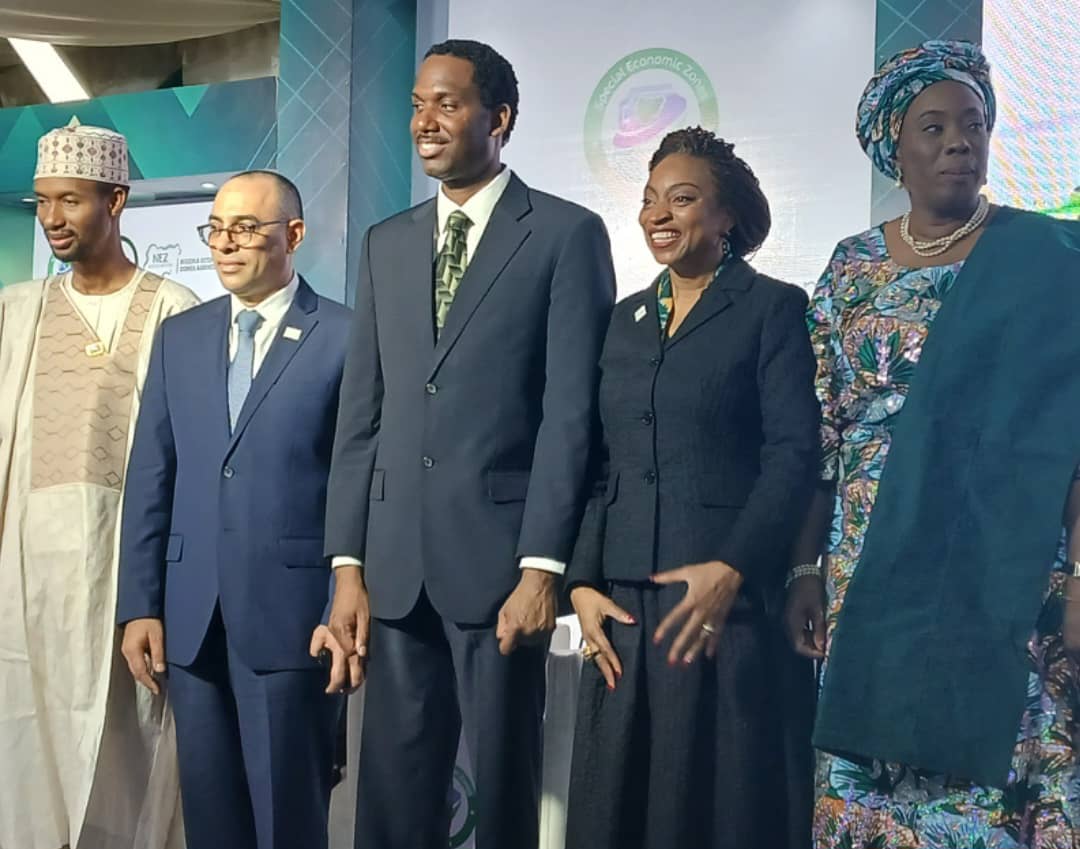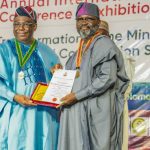Stakeholders in Nigeria’s Free Trade Zones (FTZ) have emphasized the need to strengthen the pillars supporting the Special Economic Zones (SEZ) framework.
This call was made at the SEZ 3rd Annual Meeting in Lagos, where stakeholders gathered to discuss the future of SEZs in Nigeria.
According to Nabil Saleh, Chairman of the Nigeria Economic Zones Association (NEZA), the three key pillars that need strengthening are; policy alignment, sustainable development and innovation.
Saleh noted that SEZs have been instrumental in driving growth, innovation, and hope for communities across Nigeria.
However, he also highlighted the challenges facing SEZs, including the lack of a consistent policy framework, gaps between federal, state, and local regulations, and overlapping regulatory mandates.
These challenges can lead to inefficiencies, increased costs, and hinder the smooth operation of SEZs.
Other stakeholders, including Bamanga Jada, Managing Director of the Oil and Gas Free Zone Authority (OGFZA), and Dr. Femi Ogunyemi, Managing Director of the Nigeria Export Processing Zones Authority (NEPZA), echoed Saleh’s sentiments.
They emphasized the need for innovative collaboration, sustainability, and alignment with national and regional development goals.
The stakeholders also commended President Bola Tinubu’s commitment to attracting and sustaining investments in SEZs.
Since the first oil and gas free zone was established in 1996, the scheme has contributed over $24.6 billion in direct investments to the economy.
As Nigeria’s SEZ scheme continues to evolve, stakeholders are committed to building a thriving ecosystem that positions the country as a leader in industrialization and trade.









Comment here